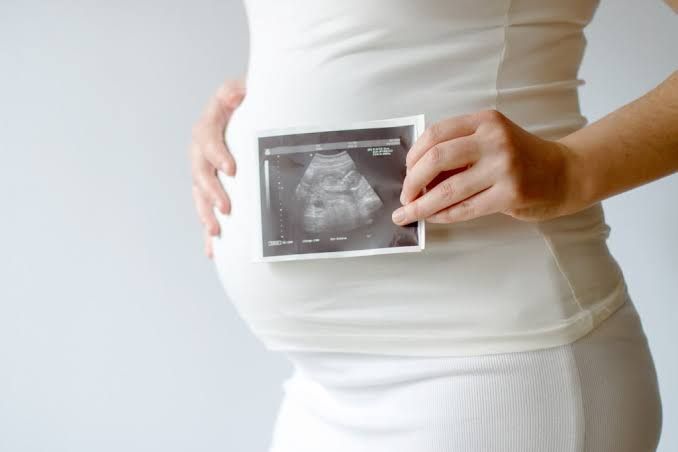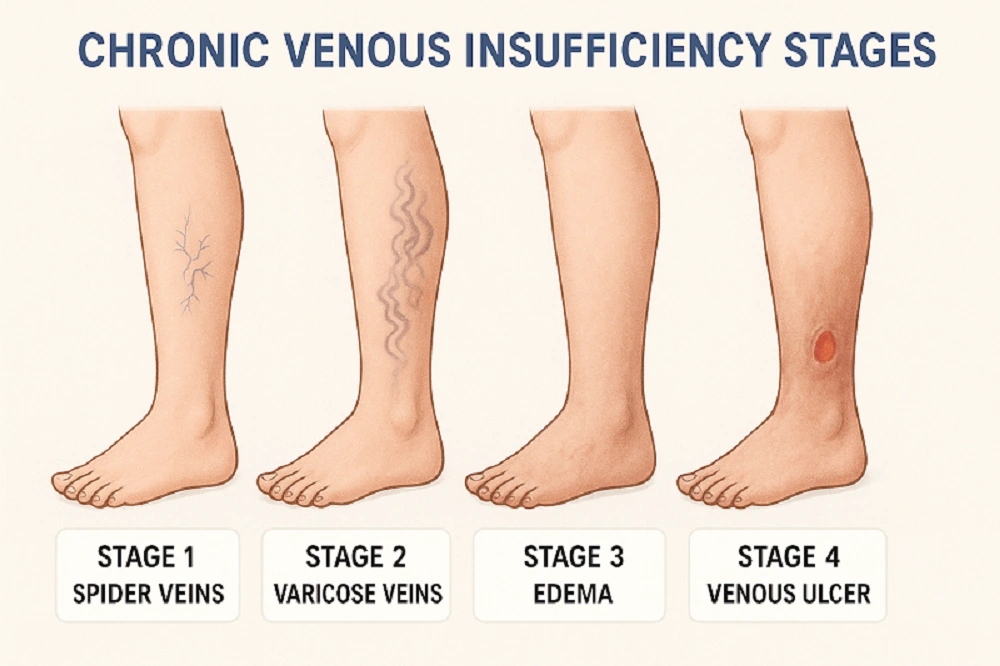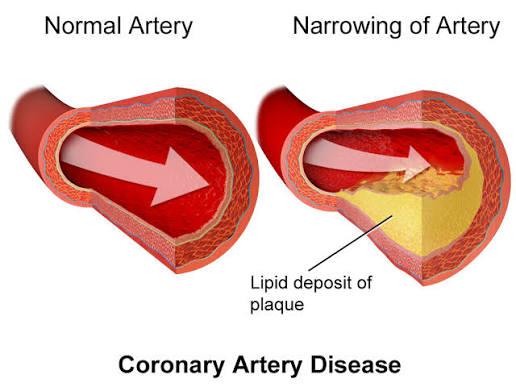
A fetus is diagnosed with intrauterine growth restriction (IUGR) at 32 weeks of gestation. What is the most likely cause of IUGR?
- A) Maternal diabetes
- B) Maternal hypertension
- C) Placental insufficiency ✓
- D) Fetal chromosomal abnormalities
Intrauterine growth restriction (IUGR) refers to a condition in which a fetus does not grow to its full potential while in the womb. This can lead to various complications, including low birth weight and increased risk of morbidity and mortality. Diagnosing IUGR typically occurs through ultrasound assessments that measure fetal size and growth patterns.
Causes of IUGR
The causes of IUGR can be multifactorial, but they generally fall into several categories:
- Maternal Factors: Conditions such as maternal diabetes and hypertension can impact fetal growth.
- Placental Factors: Insufficiency or dysfunction of the placenta is a significant contributor to IUGR.
- Fetal Factors: Genetic or chromosomal abnormalities can also lead to restricted growth.
Analyzing the Options
Now, let’s analyze each option provided:
A) Maternal diabetes: While maternal diabetes can affect fetal growth, it often leads to macrosomia (larger than average babies) rather than IUGR. However, poorly controlled diabetes may contribute to placental insufficiency, which could indirectly cause IUGR.
B) Maternal hypertension: Hypertension during pregnancy can lead to placental insufficiency and is associated with conditions like preeclampsia, which are known contributors to IUGR.
C) Placental insufficiency: This is one of the most common causes of IUGR. When the placenta does not provide adequate blood flow and nutrients to the fetus, it results in restricted growth. Placental insufficiency can arise from various factors including maternal health issues (like hypertension), placental abruption, or other vascular problems.
D) Fetal chromosomal abnormalities: While these abnormalities can lead to growth restrictions, they are less common compared to placental issues when considering cases of diagnosed IUGR.
Given this analysis, the most likely cause of IUGR at 32 weeks gestation would be related primarily to placental function rather than direct maternal conditions or fetal anomalies.
Conclusion
Based on the above evaluation, the most likely cause of intrauterine growth restriction (IUGR) at 32 weeks of gestation is:
C) Placental insufficiency







